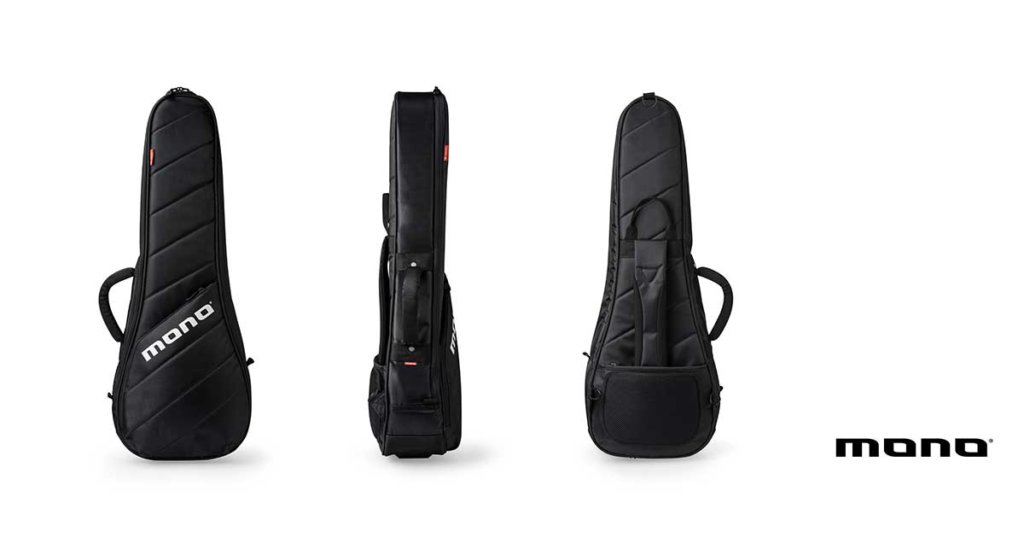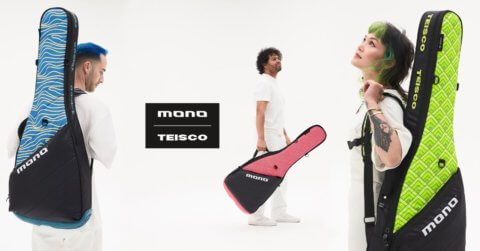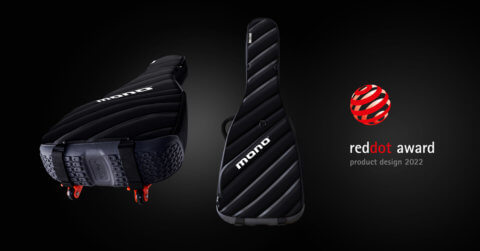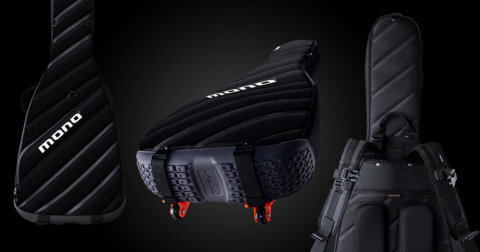Whether you are a touring artist heading onto the road or a beginner playing at home, how can you be sure to keep your instrument safe, secure and in top condition? Here are our top tips for caring for your ukulele.
Clean Your Ukulele Regularly
There are no two ways about it – one of the most important steps in keeping your ukulele at top condition begins with keeping it clean. After any playing session, be sure to have a cotton cloth ready to wipe your strings down.
Oil and sweat can stick to your instrument and over a period of time, corrode the strings and frets of your ukulele. Without intervention, this corrosion will eventually lead to poor uke playability.
The same sweat and oil can also cause a build-up of residue on your fretboard too. In this case, remove your strings and use a damp rag to clean off the fretboard.
Also, be sure to clean the wipe down the body of the guitar from time to time. If your ukulele has a glossy finish, use a cotton cloth and a guitar polish. However, do avoid using guitar polish too often as it may cause finish clouding.
Conversely, if you own a satin finished ukulele, we’d highly advise against using guitar polish. Instead, use a damp cotton cloth to rid your guitar of dirt and grime. Guitar polish has the potential to create glossy areas on your ukulele and ruin that suave matte finish.
Control the Humidity Around Your Ukulele
Humidity has long been the scourge of wooden instruments everywhere. Too much moisture in your environment causes your instrument to swell up – making it more susceptible to cracks. Too little and your instrument can dry out like a raisin – an issue that can cause glue joints to fail.
The best way to combat the humidity scourge is to get a hygrometer. This will allow you to monitor the humidity level of your ukulele’s environment so you have it in the magic spot. From our experience, you will want to keep your ukulele stored in ideally 50% relative humidity – but between 40% to 60% works too.
There are two options that we recommend in order to control the moisture content of a room. The easiest way is to use your air conditioner – however this method does not allow for precise humidity control. The more ideal method is to invest in a humidifier/dehumidifier combo – this allows you to control both increases and decreases of humidity levels in the room to a more exacting degree.
Use a Proper Case for Your Ukulele
Naturally, we believe a good case is a crucial part of proper instrument care. While your ukulele may be safe in your arms, it’s the times that it isn’t that should concern you. Without a proper case, every scenario where your ukulele isn’t with you is cause for a potential disaster.
The Vertigo and Classic Ukulele Cases are some of the best cases around for your ukulele. With options for both the Tenor and Concert sizes, our ukulele cases utilize internal ABS panels to deliver hard case protection at a fraction of the weight. Both styles of cases also offer a reinforced outer shell that absorbs and deflects hard impact away from the vulnerable areas of your ukulele.
Our MONO ukulele cases also come stock with our patented Headlock® design. Similarly to our guitar cases, the Headlock® mechanism straps in your ukulele and stabilizes its neck during transport. The ukulele’s headstock stays suspended inside the case, consequently protecting the ukulele from impacts that could snap its neck.
With military and industrial grade materials in the form of Hypalon rubber, webbing handles, bar-tack stitching, and steel rivets – you can rest assured that your MONO case will always be ready for action. In fact, with its water-resistant Sharkskin™ outer, you don’t even need to worry about rain or splash-related accidents.
With all these options and protective features, you don’t have to ever fear for the safety of your beloved ukulele. So what are you waiting for?
Go Play.
Check out the MONO Ukulele Cases online or at your nearest retailer.
Be sure to follow the MONO blog for the latest news, features and artist interviews.



